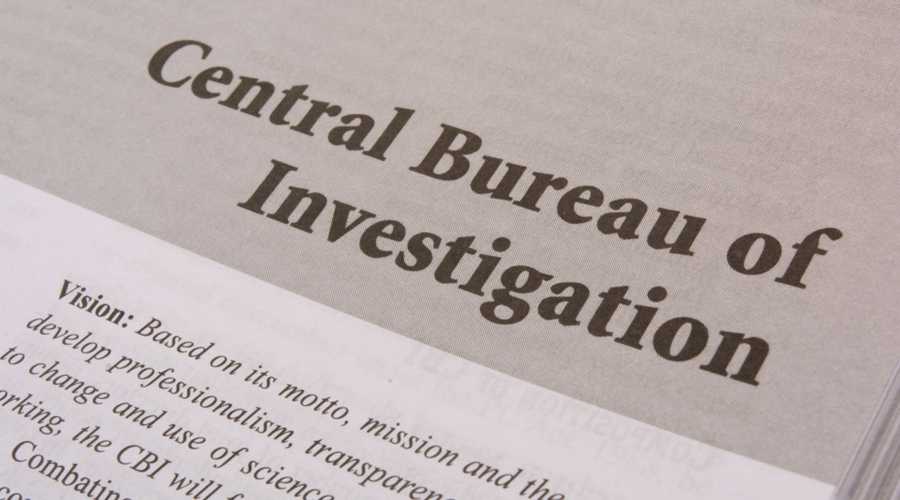Resisting a Central agency cannot be a good thing. It goes against the principles of federalism. Recently, the Supreme Court responded to an affidavit filed by the Central Bureau of Investigation with the comment that the withdrawal of general consent to the agency by eight states was not a desirable position. The CBI, unlike other Central investigative bodies, is regulated by the Delhi Special Police Establishment Act, 1946 and needs the permission of the government of any state in which it wishes to operate. General consent by state governments would allow investigations into crimes across state borders without a hitch; without it, the CBI must ask for permission for each inquiry. That makes far from smooth going, as the recent challenge by the West Bengal government in court to the CBI inquiry into a coal siphoning complaint indicates. Seven of the eight states, including West Bengal, Kerala, Punjab and Rajasthan, are Opposition-ruled states, while one is not always in tune with the Bharatiya Janata Party in spite of being part of the National Democratic Alliance. This undesirable situation is possibly the result of the distrust with which the Central agency is perceived by state governments. The feeling that Opposition politicians alone are investigated by the CBI has gradually corroded the mutual confidence necessary in the relationship between a state government and a Central organization.
That the CBI is amenable to the preferences of the ruling party at the Centre, whichever it might be, is not a new idea. The Supreme Court described the CBI as a “caged parrot” at the hearing of a coal scandal case during the United Progressive Alliance regime. The CBI’s approach since then has shown little change; for example, the charges against the former BJP chief minister of Karnataka, B.S. Yediyurappa, and others in the mining scandal, made in 2011, were dropped in 2016 for lack of evidence. Yet, the Bombay High Court criticized the agency in 2020 for the delay in starting the trial for the 2013 murder of the rationalist, Narendra Dabholkar. While it is important for states not to deny permission to the CBI for trivial reasons, it is just as urgent for the CBI to correct perceptions about itself. It must be seen as independent and impartial; only then can the undesirable position be addressed.











